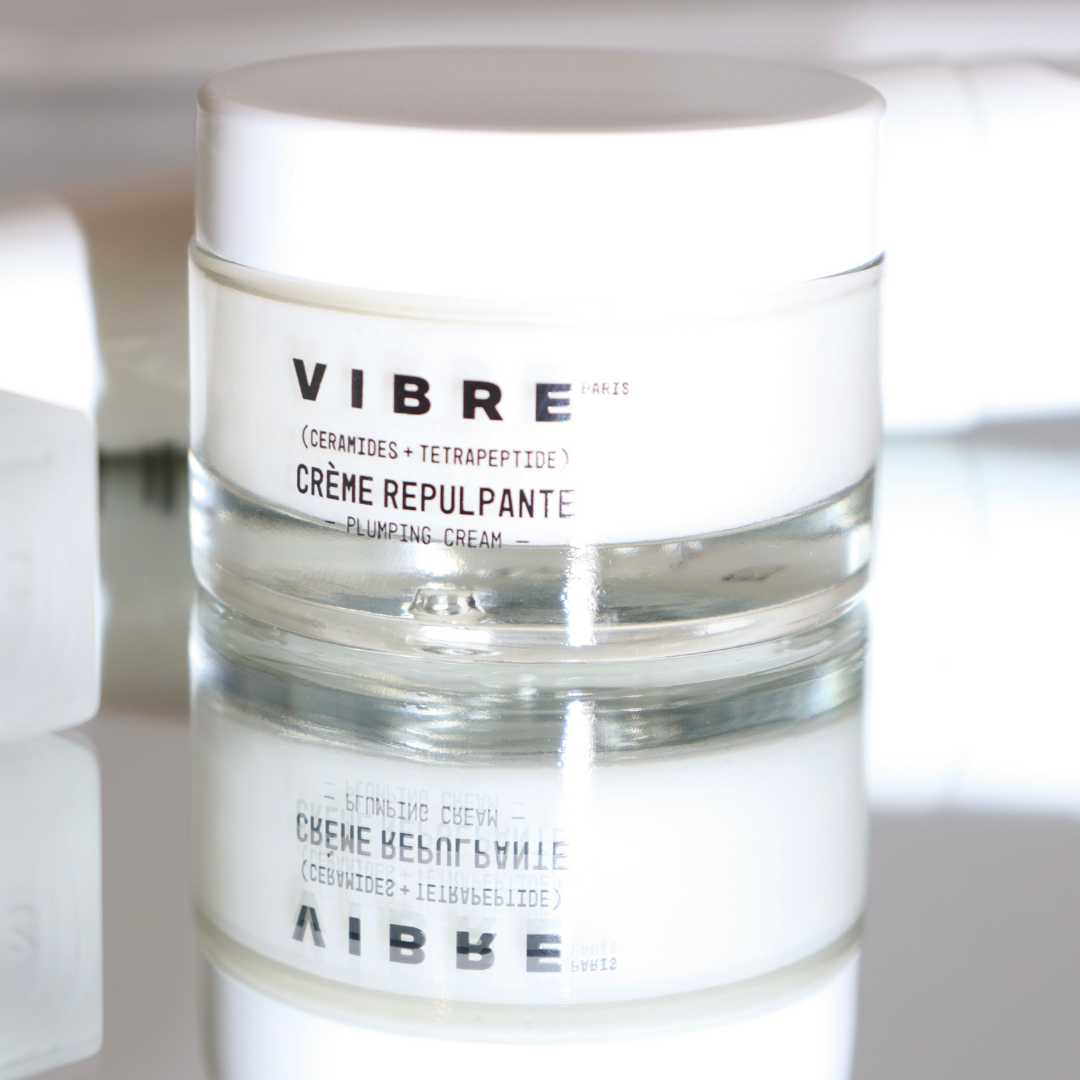
How is rehydration carried out?
Share
The skin is the organ most exposed to external elements, and to maintain its hydration, it's essential to understand how to rehydrate it effectively. Skin dehydration is a common problem, affecting all skin types - dry, oily, combination, normal or sensitive. The right facial care routine can help restoremoisture to the skin, leaving it soft and radiant. Here's a complete guide to how rehydration works for each skin type and why it's essential for keeping skin beautiful.
Why does skin become dehydrated?
The skin is covered by a hydrolipidic film that acts as a cutaneous barrier and helps retain water. However, several factors can weaken this barrier and causemoisture loss. External aggressors such as wind, cold, pollution or the sun, as well as unsuitable cosmetics or careless skincare habits, weaken this barrier function. As a result, the skin loses its elasticity and becomes dry, leading to redness, tightness and itching.

How to rehydrate the skin?
To rehydrate the skin, it's crucial to adopt an adapted routine that includes moisturizing products and specific gestures.
-
Gentle cleansing: Good cleansing is the first step to moisturized skin. Use a cleansing gel or micellar water suited to your skin type. Cleansers and micellar make-up removers remove impurities without disturbing the hydrolipidic film. Avoid overly aggressive products, especially if you have sensitive skin.
-
Exfoliate to eliminate dead cells:Exfoliation removes dead cells and makes skin more receptive to moisturizers. Opt for a gentle exfoliant, ideally formulated for sensitive skin. This revives the complexion and improves skin texture.
-
Apply a hyaluronic acid serum:Hyaluronic acid is a powerful moisturizer that draws water into the deep layers of theepidermis. A serum enriched with hyaluronic acid intensely rehydrates and plumps the skin, reducing the appearance of fine lines and wrinkles.
-
Use a moisturizer: A moisturizing cream is essential for sealing inmoisture. It creates a protective barrier on the skin, preventing water loss. Choose a moisturizing day cream in the morning and a richer night cream in the evening for complete skin care. For dry, sensitive skin, opt for creams enriched with shea butter or aloe-vera, which offer nourishing and soothing properties.
-
Apply specific eye contour care: The area around the eyes is particularly delicate and prone to fine lines. Use an eye contour treatment formulated to moisturize and prevent dark circles.
-
Incorporate a moisturizing mask into your routine: A weekly moisturizing mask provides intense hydration and reinforces the benefits of your daily routine. Masks based onthermal spring water or plant extracts such asclay or chamomile are particularly effective.
How to adapt rehydration to each skin type?

-
Dry skin: Dry skin requires special attention, as it produces little sebum. Opt for rich creams and protective balms. Oils, such asargan orsweet almond oil, help to intensely nourish and restore the skin's hydrolipidic film.
-
Oily skin: Contrary to popular belief, oily skin also needsmoisturizing. Choose moisturizing gels or light, oil-free creams formulated to balance sebum production without clogging pores. Mattifying skin care products are ideal for reducing shine and tightening dilated pores.
-
Combination skin: Combination skin requires a balance between hydration and sebum regulation. Use a light moisturizing cream and apply specific care products to oilier areas of the face.
-
Sensitive skin: Sensitive skin needs gentle, soothing care to avoid irritation and redness. Care products containing active ingredients such as chamomile orfloral water are ideal.
-
Normal skin: Although naturally balanced, normal skin needs to be moisturized to maintain its elasticity. A classic moisturizing cream with natural ingredients, such asjojoba oil, is ideal.
The benefits of well-moisturized skin
Moisturized skin is not only more comfortable, it is also more resistant to external aggressions. It has a better skin texture and reflects light better, giving the complexion a radiant glow. Good hydration also helps reduce imperfections and prevent signs of skin aging, such as wrinkles and loss of firmness.
Conclusion
Rehydrating the skin is essential to maintaining beautiful skin, whatever the skin type. A well-thought-out routine, combining cleanser, serum, moisturizing cream and specific treatments such as a moisturizing mask or eye contour care, can prevent dehydration and keep skin soft and radiant. By adopting the right cosmetics, you protect your skin's barrier and help to repair and protect it from external aggressors.
